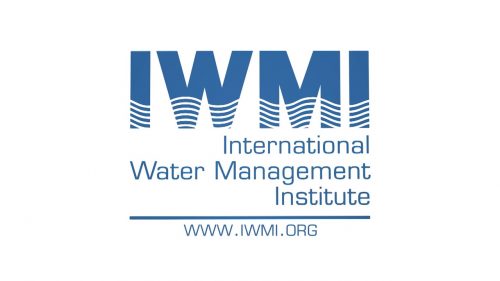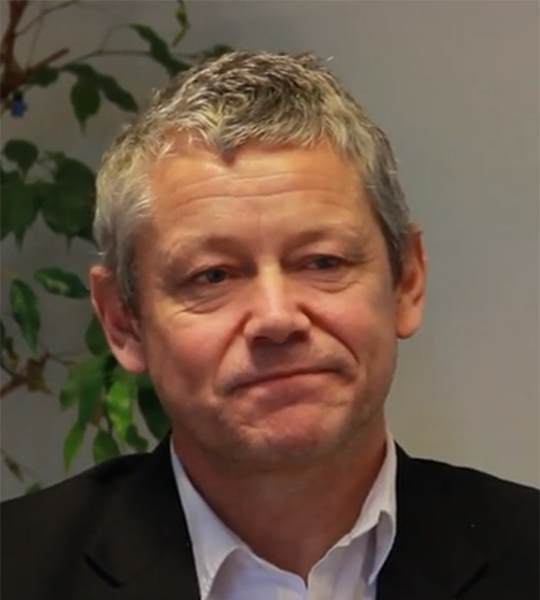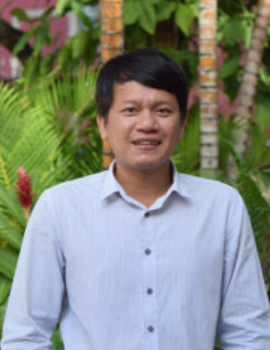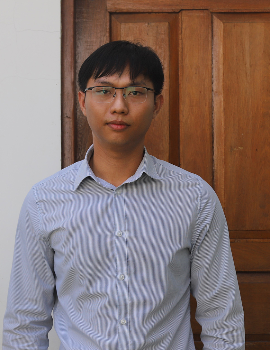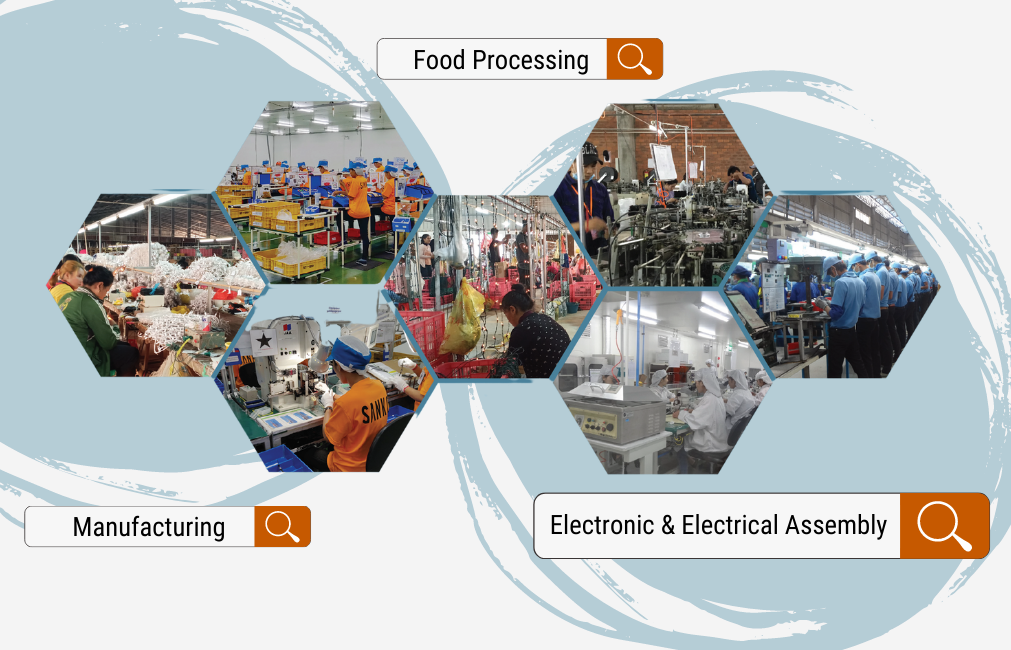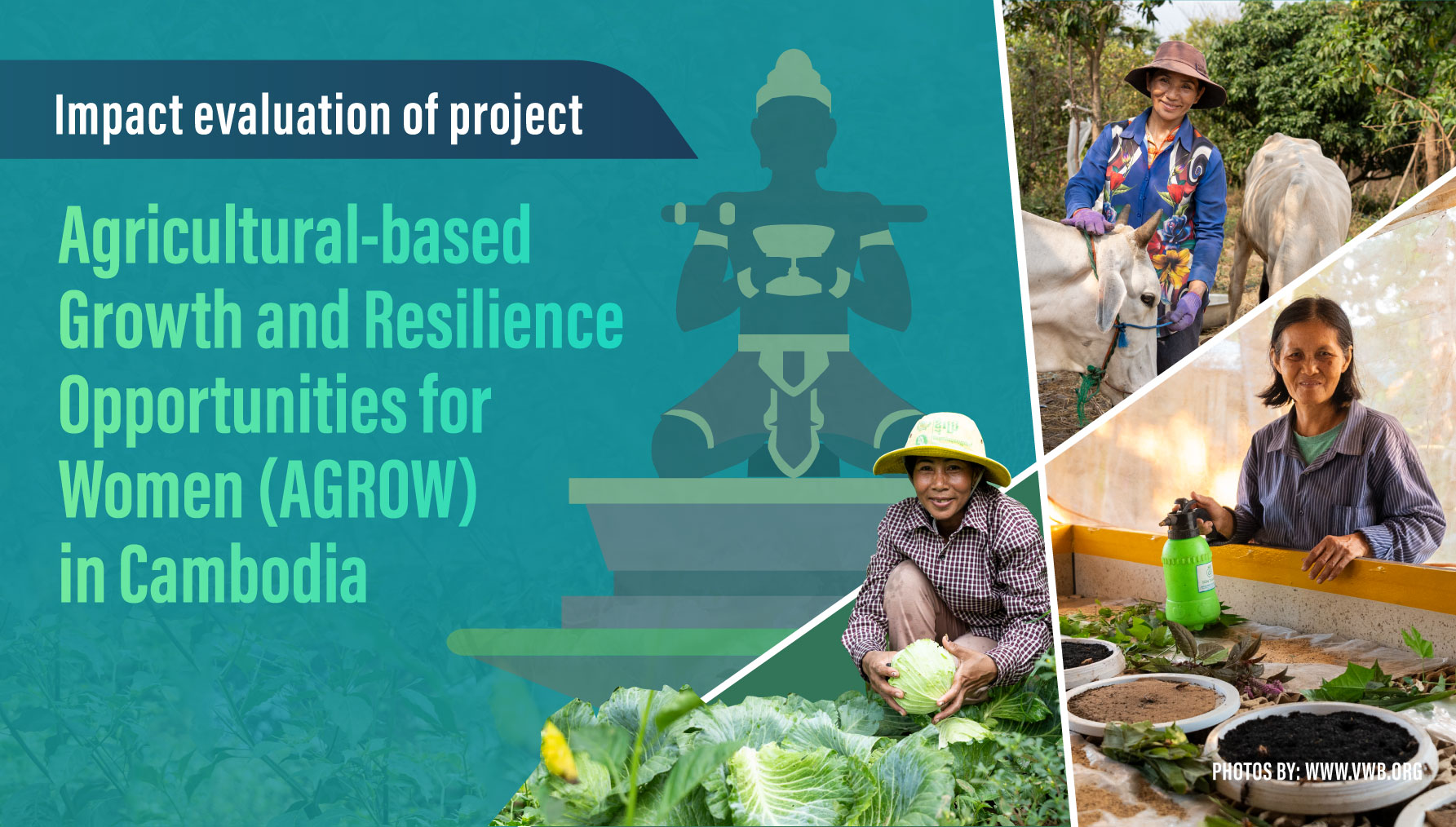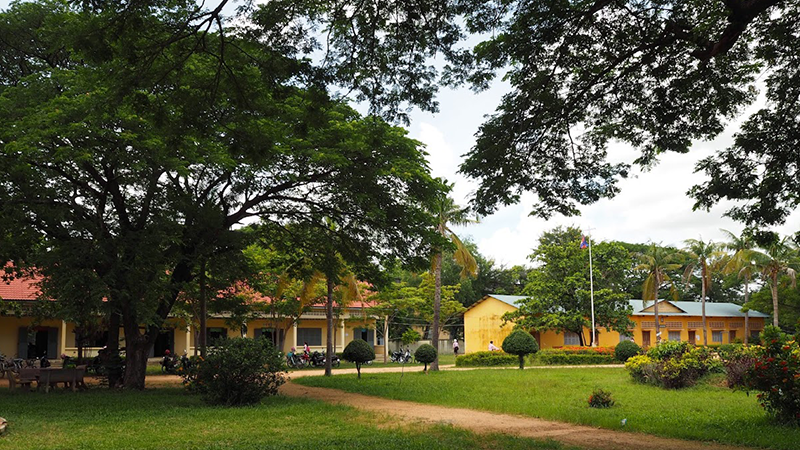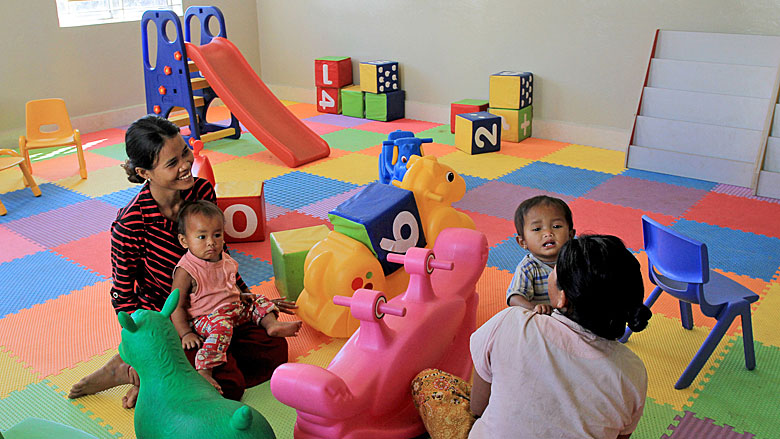Natural Resources and Environment
Asian Mega Deltas (AMD) Working Package 4 and Resilient Aquatic Foods in Food, Land and Water Systems (RAqFS) Working Package 3- Sand Dam performance assessment
Start Date: 01/08/2022
End Date: 28/02/2023
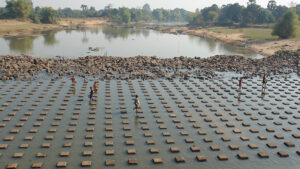

Project Objective
Having identified key policy, structural and capacity gaps at national to local scales, CDRI Research team work to deliver on the Activity 1; one Case Study under Activity 2 and support the initiatives develop appropriate engagement strategies and impact pathways related to critical water-land governance change.
Project Description
The Asian Mega Deltas (AMD) program is one of the new OneCG initiatives that commenced in April 2022 and will run till at least 31 December 2024 (Phase 1). The One CG involves closer working modalities amongst the numerous CG Centers to provide more coordinated and integrated support to governments and civil society in pursuing more productive, diversified, sustainable, resilient and socially inclusive food systems. The AMD focusses on supporting governments, NGOs, private sector and local communities build diverse, resilient and inclusive food systems in the Mekong, Ganges and Ayeyarwady deltas. This involves investments in Cambodia, Vietnam, Myanmar, Bangladesh and India. The investments under AMD are grouped into five Work Packages (WPs) that cover landscape management, climate adaptation, nutrition, governance and transboundary cooperation in the case of shared deltas such as the Mekong and the Ganges.
CDRI focuses on three themes; a political economy study, grounded case studies, and exploring the need and options for building networks of CFR committees:
- Activity 1: A political economy study identifying key challenges for land-water integrity and multi-functionality in, resulting food security, nutrition and income impacts for different local producers, and mapping out opportunities at national to local levels for promoting more systematic, productive and inclusive land-water management.
- Activity 2: Grounded Case Studies in 3 locations for a socially disaggregated ‘bottom up’ view of land-water governance, food production and benefit flows, decision making, adaptation to climate and other risks within local social and agro-ecological contexts.
- Activity 3: Exploring the need and options for building networks of CFR committees to build greater collective capacity to influence provincial and national water management and climate adaptation plans.

